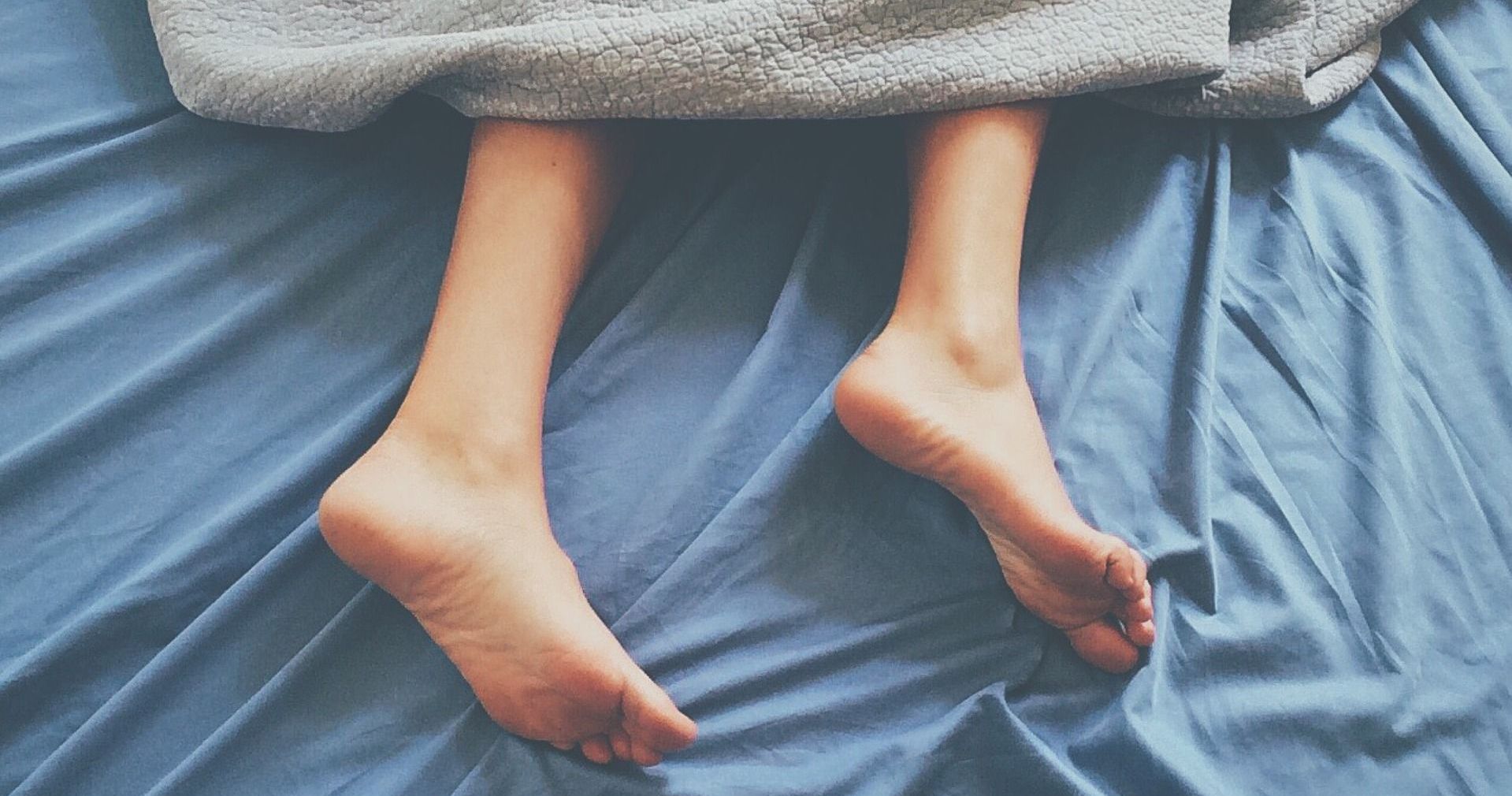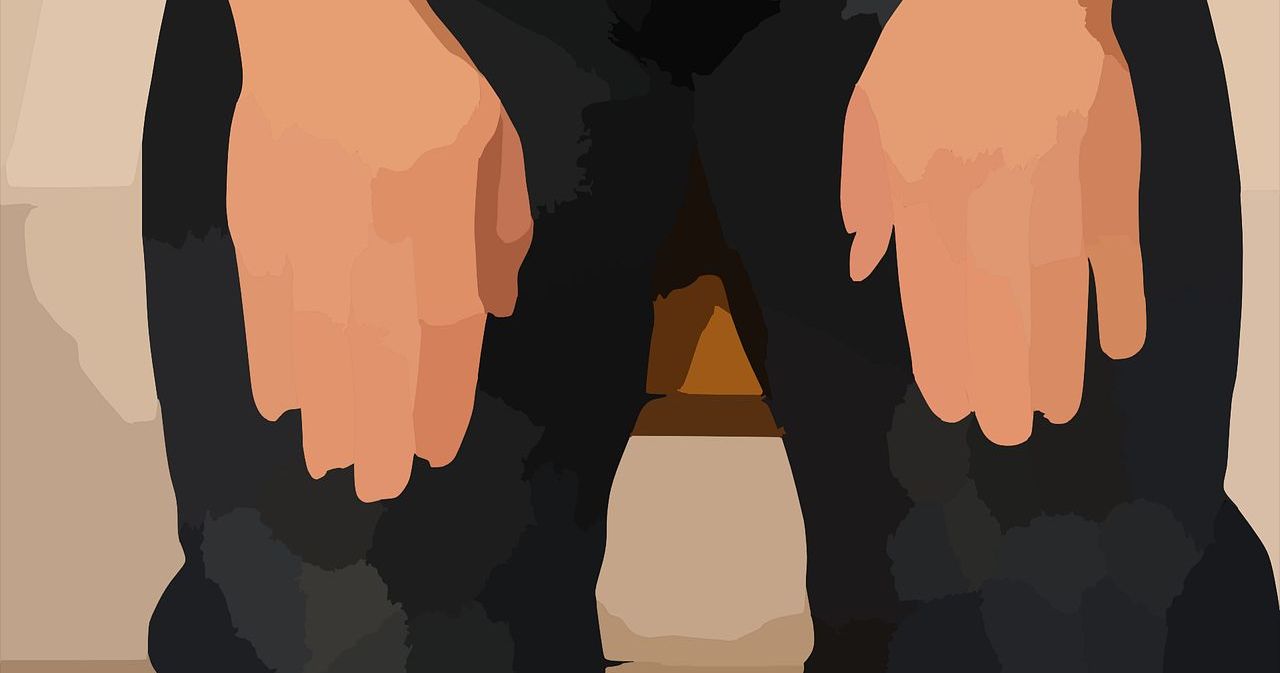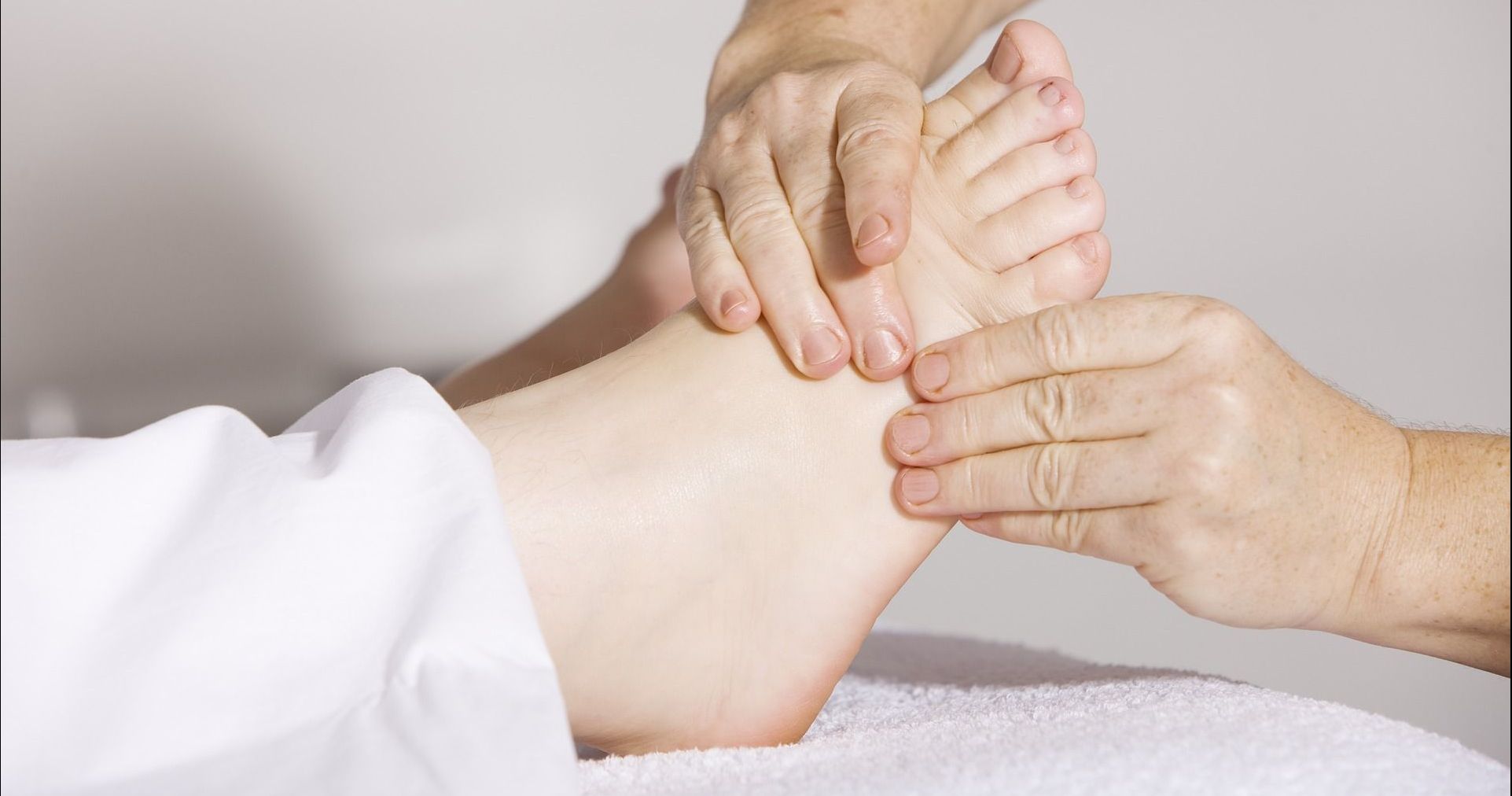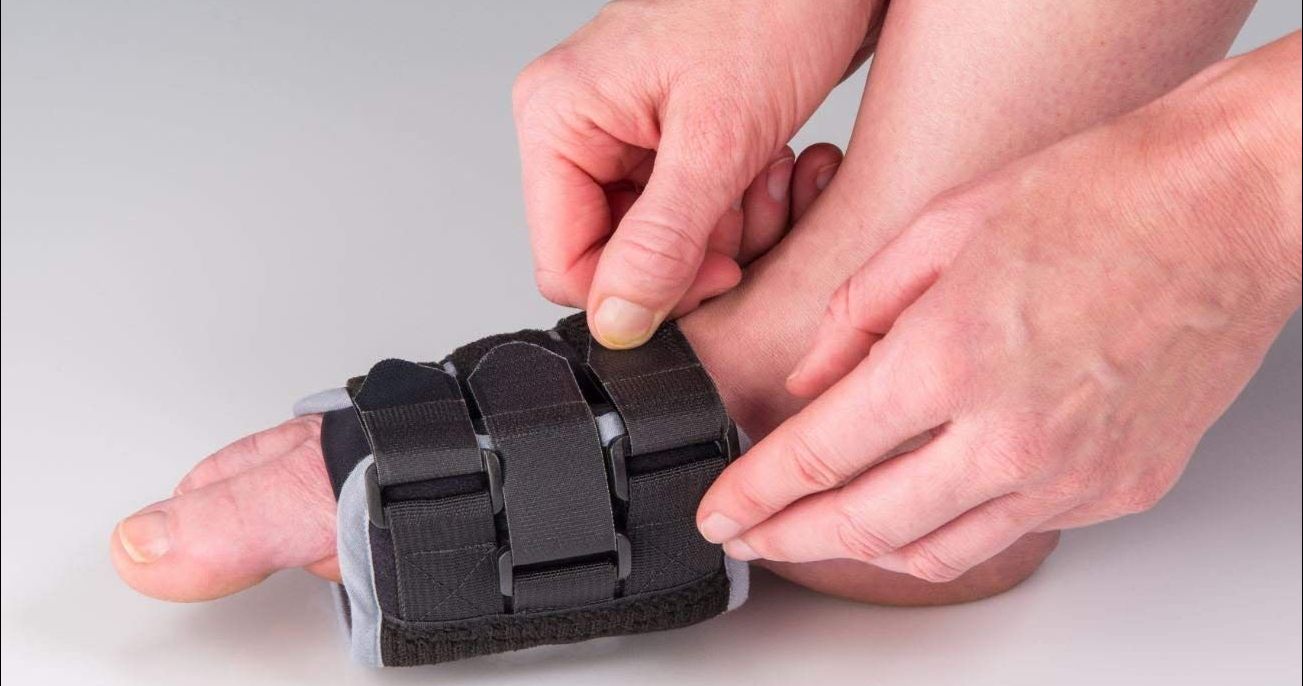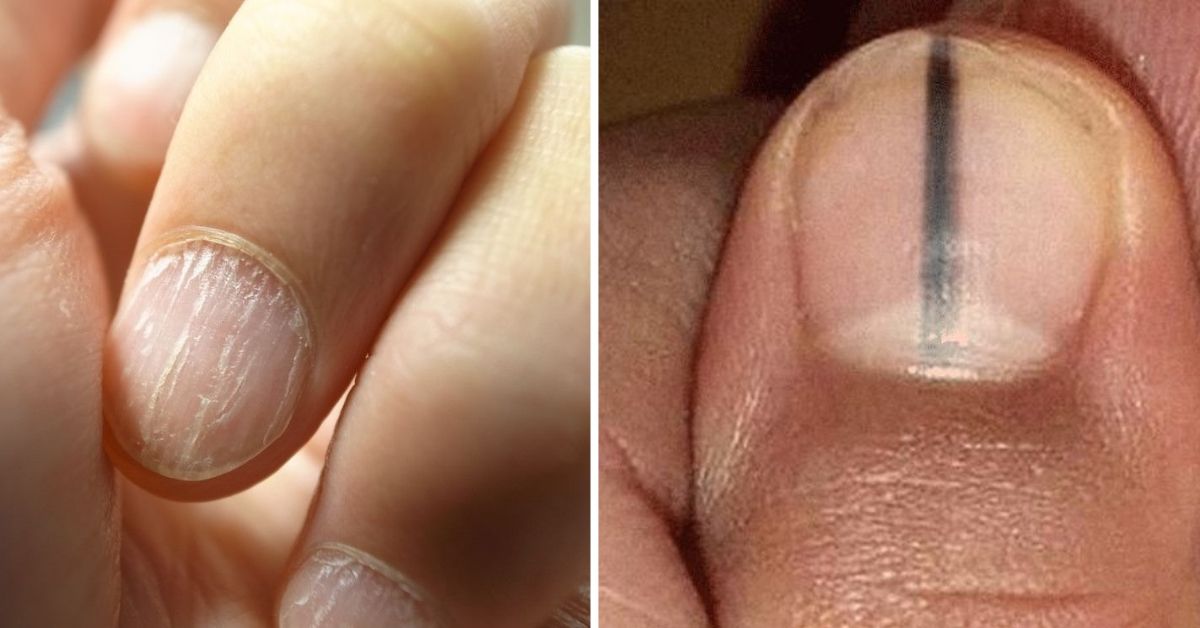There's a good chance that you've never heard of Restless Leg Syndrome (RLS), but it's something you may have experienced in your life without even realizing it.
According to the Mayo Clinic, RLS is a condition "that causes an uncontrollable urge to move your legs, usually because of an uncomfortable sensation." Typically, this sensation happens mostly when someone is sitting or lying down, and is only eased by movement.
Experiencing this sensation is one that is often described as "itchy" or like a "creepy crawly" feeling in the legs. It can occur in other parts of the body, but is most often found in the legs. The symptoms can vary in severity, but at any level it's uncomfortable and can greatly impact a person's life. Often it can completely disrupt sleep and make it impossible to feel comfortable when at ease.
Approximately 10% of the population suffers from RLS, many without realizing there is an actual name for the condition they experience. There are a few different causes, and while it's not always related to a serious underlying condition, it can cause a lack of sleep which can lead to issues in the future.
Nerve Damage
If you suffer from damaged nerves in your hands and feet, it may occasionally lead to the experience of RLS. Sometimes this nerve damage is due to other chronic issues like alcoholism and diabetes.
Medications
Anti-nausea drugs, anti-psychotics and some allergy medications can cause the symptoms to worsen. It's thought that the antihistamines in the medications increases the frequency of the symptoms.
Iron Deficiency
Even when your deficiency isn't enough to cause anemia, it can lead to symptoms of RLS to worsen.
Kidney Failure
Iron issues connect with kidney problems because when your kidneys don't work properly, then the iron in your blood doesn't stay at the proper levels.
Even though there are many causes of the illness, there are a few different ways you can help ease the symptoms.
Treatments for Restless Leg Syndrome
1. Iron and Vitamin Supplements
Because iron is often the primary suspect of RLS, it's thought that increasing your intake will help your symptoms ease.
Vitamin D, C and E have also been found to help lower the frequency of the incidents, so make sure you check with your doctor and get a blood test to see how your levels are.
This study published by PubMed saw a beneficial link in taking magnesium and improved sleep efficiency in those experiencing periodic leg movements-related insomnia and restless legs syndrome
2. Massage
When your muscles are massaged, it releases dopamine in your brain. Because of this, it's thought that massaging the restless muscles can help to ease the RLS symptoms. While the studies have been inconclusive, anecdotal evidence has found that many people have seen relief with this method.
It could also be because of the relaxation that a massage can give a person, so if you are suffering, it's worth a try.
3. Foot Wrap
There is a method of wrapping your foot which can activate certain pressure points that are said to help the muscles in your legs relax. However, this solution is a bit more expensive as the wraps cost about $200.
4. Compression
Pneumatic Compression Devices (PCD) are used to help improve circulation. The device inflates over the limb and then deflates, repeating the process for several minutes. It has been known to help with symptoms by increasing circulation in the muscles.
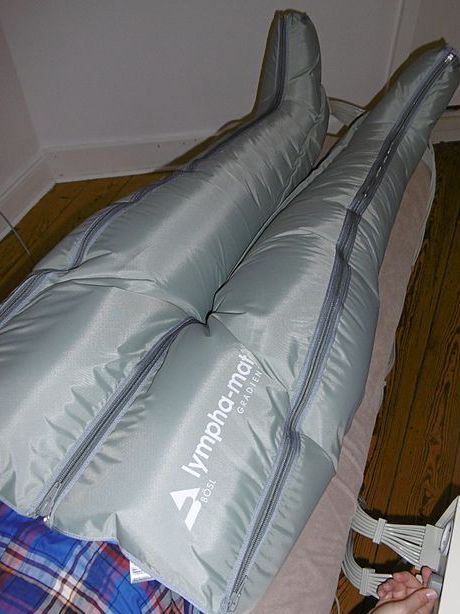
5. Vibration Pad (Relaxis)
A Relaxis is a vibrating pad that you place directly on the area that is affected and let it use the vibrations to help provide "counter stimulation" and hopefully be enough to distract from the other symptoms. Feelings a continuous vibration can be much more tolerable than the sudden and uncomfortable feelings that come with RLS.
There's also the old wive's tale of sticking a bar of soap under your sheets that apparently has worked wonders for people.
If you or someone you know suffers from RLS you know how awful it really it. Especially if you have to share a bed with that person. Make sure you let them know that there are options to help soothe their discomfort.
Source - Medicine Net

